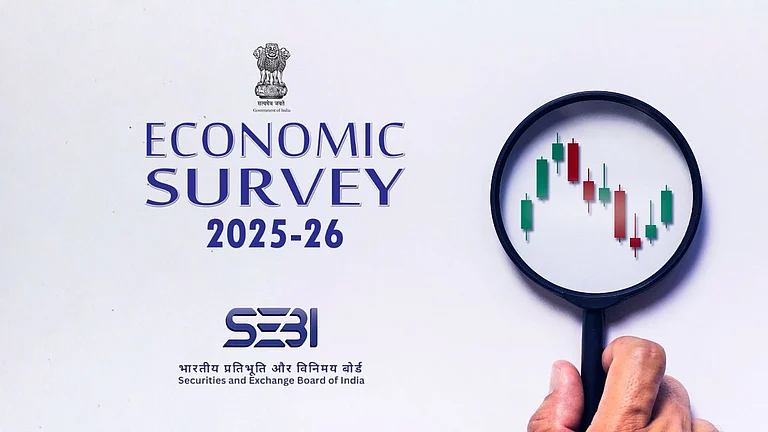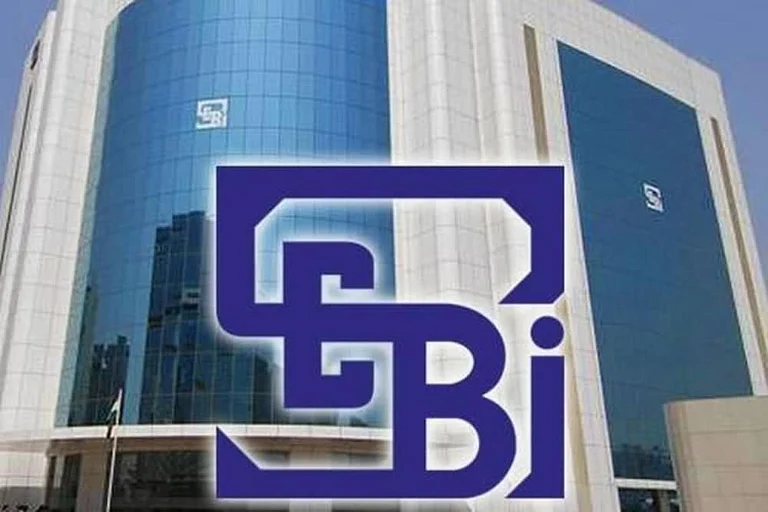
Summary of this article
Sebi has proposed changes to norms governing eligibility for BSDA.
Sebi introduced the BSDA facility in August 2012.
Over 13 years after the norms were released, Sebi has sought a revamp of the rules.
Sebi BSDA Circular: The Capital Market Regulator, the Securities and Exchange Board of India (SEBI), released a draft circular on November 24, proposing significant changes to the rules applicable to the Basic Services Demat Account (BSDA) facility. Notably, the BSDA facility was introduced in August, 2012, to support retail individual investors, especially those with small portfolios, to open demat accounts.
The BSDA facility provides a special, low-cost demat (dematerialised) account which offers lower or nil Annual Maintenance Charges (AMC) depending on the size of the portfolio.
Sebi’s latest proposals seek to update the BSDA rules, increase financial inclusion and simplify the process of investment by lowering costs for small investors. The proposals seek to make more demat account holders eligible for the reduced Annual Maintenance Charges (AMC) applicable for BSDA users.
What Is A BSDA Account?
BSDA is a special type of demat account for investors with smaller portfolios. Eligible demat accounts benefit from the reduced or nil AMC. Notably, nil AMC is applicable on BSDA accounts with a portfolio size below Rs 4 lakh. For accounts which have holdings over Rs 4 lakh, the amount is Rs 100.
The eligibility for the BSDA is determined on the basis of the total value of securities held in the account. Sebi’s new proposals seek to redefine how this value is calculated fairly.
How Do Sebi’s Proposed Changes Impact Investors
Sebi’s proposed changes to BSDA norms aim to determine eligibility for the facility on the basis of the actual value of the holdings and not include the value of non-liquid or non-realisable holdings. Not including the value of non-liquid or non-realisable securities can potentially increase the number of accounts which are eligible for BSDA benefits:
Exclusion of Zero Coupon Zero Principal (ZCZP) Bonds
The capital market regulator has proposed that the value of Zero Coupon Zero Principal (ZCZP) bonds will not be considered during the process of determining an investor’s eligibility for the BSDA facility. If the market regulator approves the proposals, investors who hold these bonds may become eligible for the BSDA facility. ZCZPs are designed for social development projects; they are the primary means by which not-for-profit organisations (NPOs) raise funds by listing on the Social Stock Exchange (SSE).
Notably, ZCZP bonds are non-transferable, non-tradable, and provide no monetary return. Thus, Sebi has proposed that they should be treated differently from investment assets and their value should be excluded, as it may artificially inflate the size of the portfolio.
Exclusion of Delisted Securities
Sebi has proposed that delisted securities should not be treated at par with suspended securities, and their value should not be included while calculating the eligibility of an account for the BSDA facility. Securities which have been delisted from the exchanges are not actively traded, thus they lack proper price discovery and cannot be bought and sold easily. Sebi’s move to exclude the value of these holdings from the investor’s portfolio for determining eligibility for BSDA can aid investors by ensuring their eligibility is determined on the basis of their tradeable holdings.
On the other hand, Sebi has proposed that the BSDA eligibility of investors who hold illiquid securities in their demats, which are listed and tradable, will be determined on the basis of the last closing price of the security.
Simplified Account Management
Sebi has also proposed several changes to ease the process of determining BSDA eligibility vis-a-vis simplified account management. The market regulator has proposed that depository participants shall now reassess the eligibility of all existing demat accounts for BSDA at the end of every quarter. On the other hand, investors who are eligible for BSDA but want to continue with regular demat accounts can do so by indicating their consent for the same.
To conclude, Sebi's latest proposals for BSDA accounts are a positive step, aimed at deepening financial inclusion by decreasing the maintenance cost for small investors and easing the task of account management for other stakeholders.
















